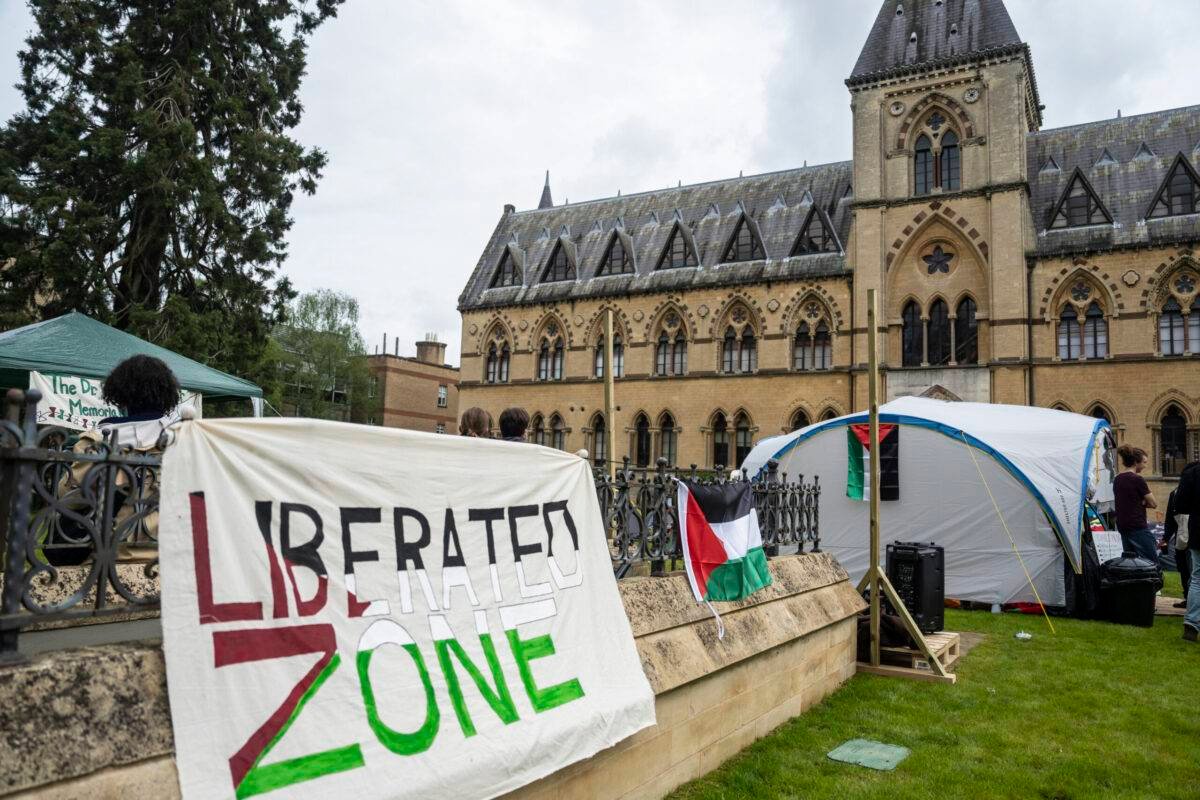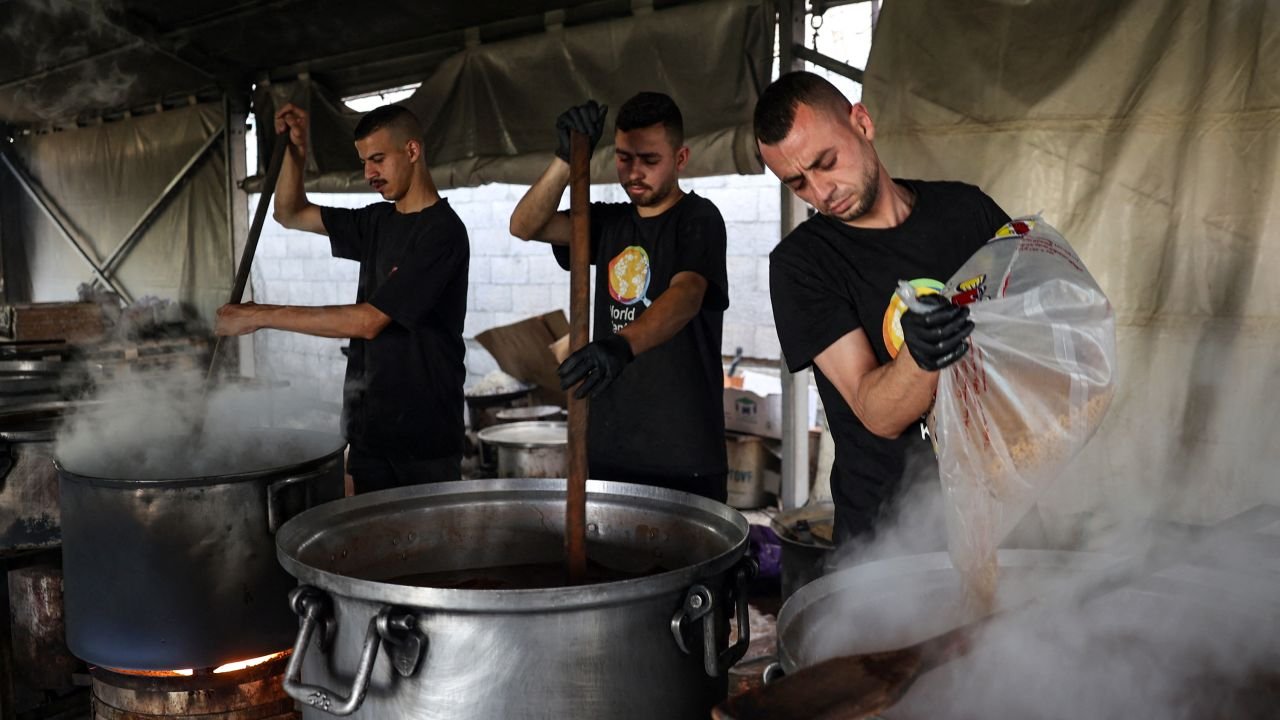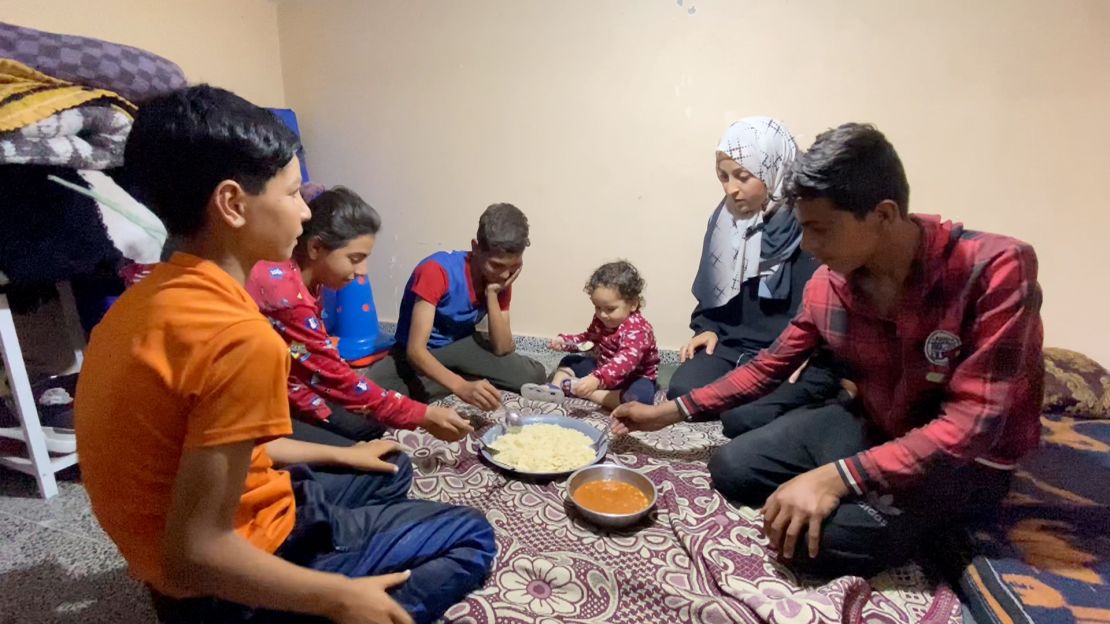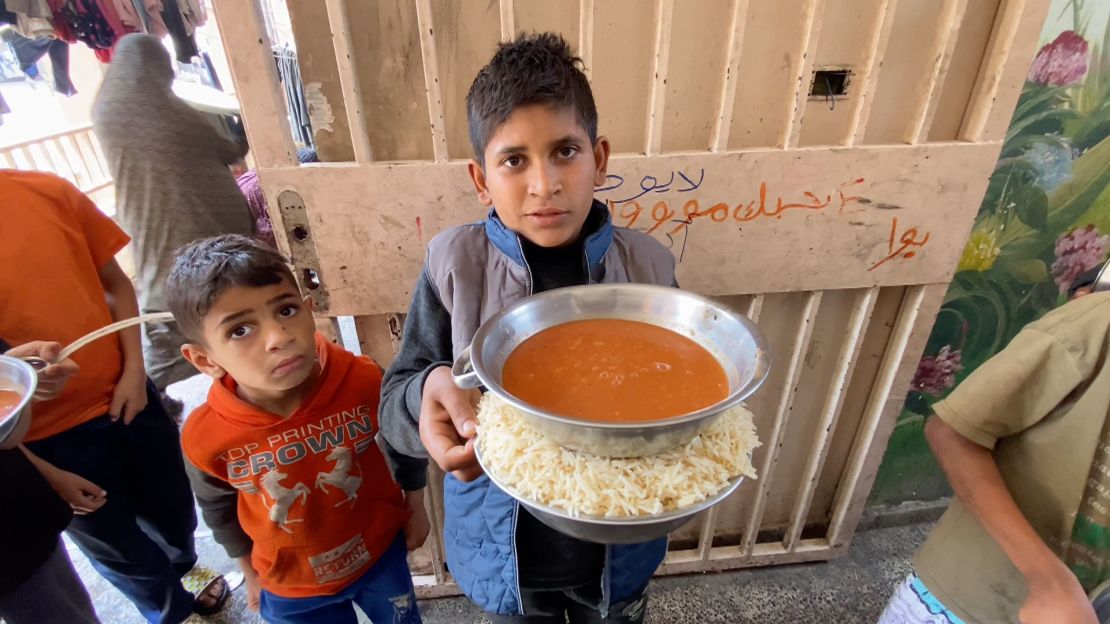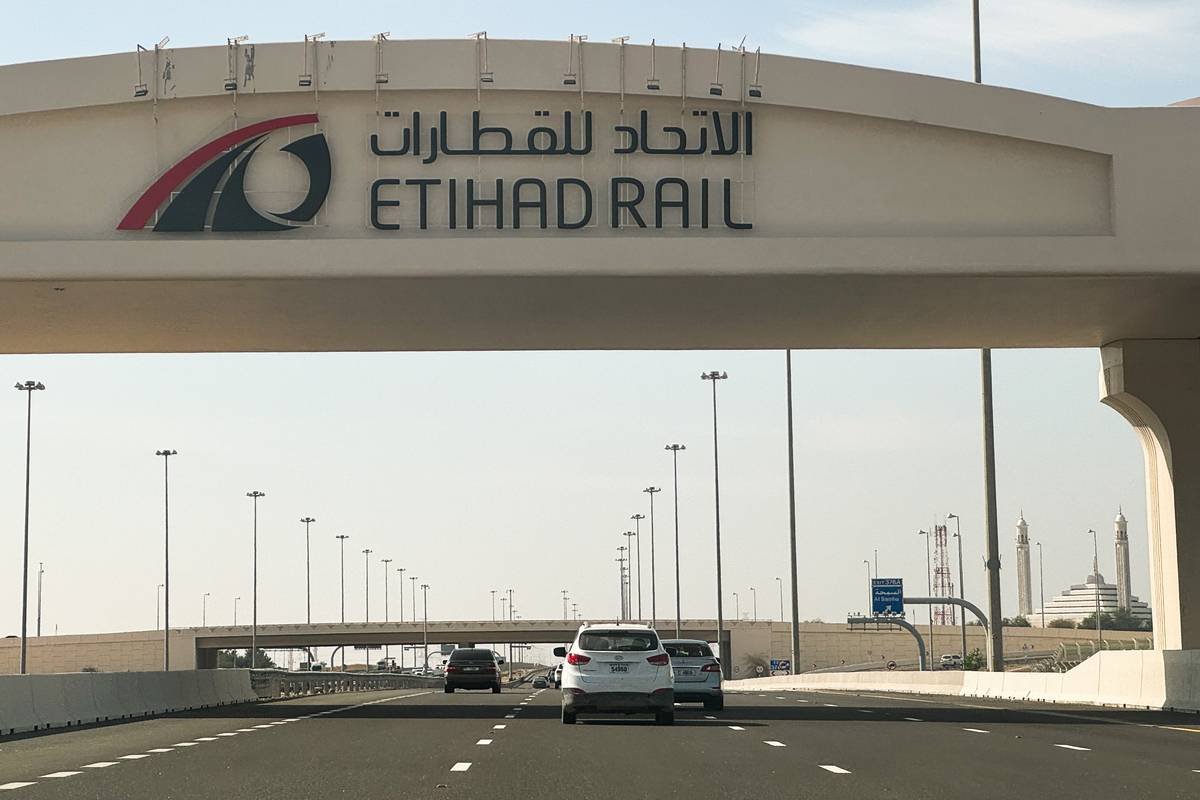Richard Luscombe and Edward Helmore
Politicians in the US on Sunday stepped up their denunciation of Israel over its conduct in Gaza, with a leading Democratic senator accusing the key American ally of “strategic and moral mistakes” – and secretary of state, Antony Blinken, saying it was testing the boundaries of international law.
In an interview on CNN’s State of the Union, the Connecticut Democrat Chris Murphy, a member of the Senate foreign relations committee, warned that Hamas was likely to become stronger if Israel waged an all-out assault in Rafah.
“I want Hamas gone,” Murphy said. “I don’t want them to ever have the ability to hit Israel again. [But] I worry that the number of civilians that are dying are ultimately going to provide permanent recruiting material to Hamas, and it will be a threat for years to come.
“We cannot have an invasion of Rafah that ends up in tens of thousands of additional civilians dying. That will be bad for Israel from a moral and strategic standpoint.”
He continued: “So I am certainly willing to call out Israel when I think that they have made strategic and moral mistakes in this war. We should [also] be calling out Hamas for the attacks that began this war, the way in which they have violated the rules of engagement, and the fact that the quickest route to end this war is for Hamas to surrender and protect the people of Gaza.”
Murphy’s comments amounted to some of the strongest criticism yet by a centrist US politician against Israel, which the Gaza health ministry said on Sunday had now killed more than 35,000 people in strikes since the 7 October attacks by Hamas.
Stronger condemnation came from Vermont Democratic senator Bernie Sanders, a member of the party’s progressive wing.
“Any objective observer knows Israel has broken international law … has broken American law – and in my view, Israel should not be receiving another nickel in US military aid,” he told NBC’s Meet the Press, adding that Hamas was “a terrible, disgusting terrorist organization that began this war”.
Meanwhile, Blinken’s commentary was considerably more measured. In an interview with CBS’s Face the Nation, the Joe Biden White House’s top diplomat said it is “reasonable to assess that in certain instances Israel acted in ways that are not consistent” with international humanitarian laws.
Blinken’s comments on Sunday came after Biden threatened to stop supplying Israel with weapons if it invaded Rafah. That came as the White House said the US had stopped the transfer of 3,500 high payload “dumb” bombs over concerns of the growing number of civilian casualties in Gaza.
Blinken stopped short of explicitly accusing Israel of violating international law as it pursued its offensive against the Palestinian militant group Hamas. He said it was “critical” to note that Israel itself has accountability processes – and there were hundreds of active inquiries as well as criminal investigations into different incidents, showing Israel had “the ability, means and the actions to self-correct.
“It had been very difficult to determine, particularly in the midst of war, exactly what happened and to draw final conclusions from any one incident,” he said, adding that the US was avoiding any firm assessment over a potential breach because Hamas “hides behind as well as underneath civilian populations, in schools and hospitals”.
Republican senator Tom Cotton of Arkansas later dismissed Blinken’s “reasonable to assess” rhetoric as “some magic talisman” to help Democrats walk a political line within the party. He criticized the Biden administration as having imposed a “de facto arms embargo” on Israel.
The administration’s national security policy, Cotton continued, “sounds like a bunch of weaselly, mealy-mouthed politics”.
The US last week released a 46-page unclassified report concluding that – despite American concerns – Israel had offered credible assurances that it was not violating US or intentional law.
That report’s findings were starkly at odds with assessments by the UN and major international aid groups. The UN office for the coordination of humanitarian affairs last week placed the Gaza strikes’ casualty toll at 34,844, with 7,797 (32%) being children and 4,959 (20%) being women.
Israel attacked Gaza in response to the 7 October attack that killed 1,100 mostly civilians while also taking hostages.
Israeli prime minister Benjamin Netanyahu reacted defiantly, saying his country’s military would press on with its plan to go into Rafah.
On Sunday, Blinken reiterated that the US had made clear to the Israeli government that it would not support a major operation in Rafah, where 1.4 million people are sheltering, in the absence of a credible plan to protect civilians.
The secretary of state said that the US was not pausing the transfer of US weapons to Israel beyond the 3,500 bombs that had already been withheld.
“We’ve been clear that if Israel launches this major military operation into Rafah, there are certain systems we’re not going to be supporting and supplying for that operation,” Blinken said.
But Blinken said the Biden administration had not ruled out supplying the high-payload munitions, including 1,800 bombs each weighing 2,000 pounds and 1,700 bombs each weighing 500lbs. “We’re in an active conversation with Israel about that,” he said. “We have real concerns about the way they are used.”
Murphy insisted Biden was “being a good leader” by withholding the earlier weapons.
“The broad middle of the country wants to support Israel’s ability to destroy Hamas but is very concerned about the fact that there are so many kids dying – that for the last week there’s been no humanitarian assistance getting into the country,” he said.
He said Israel would be better served embracing Palestinian Authority leadership to build a “transitional government structure” inside Gaza, given the conclusion of intelligence agencies that it would be all but impossible to totally eradicate Hamas.
“There’s going to continue to be a resistance movement to the state of Israel, and the question is, is it going to be weaker or stronger after 13,000 to 15,000 kids are killed inside Gaza?” he said.
“My argument is that right now the prospects are that they are just going to be stronger.”
Blinken appeared to share those concerns, saying: “There has to be a clear, credible plan to protect civilians, which we haven’t seen. And we have to see a plan for what happens after this conflict in Gaza is over, and we still haven’t seen that.”
(Source: The Guardian)




